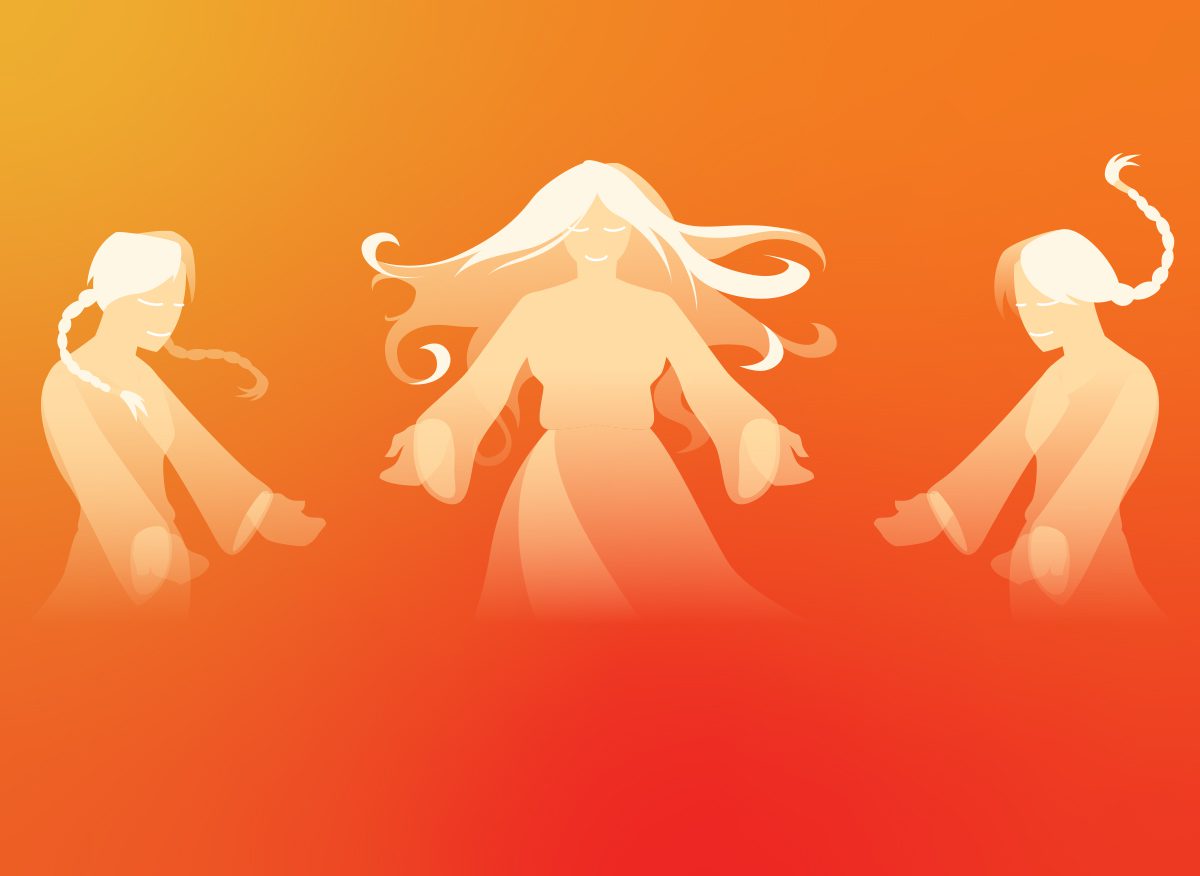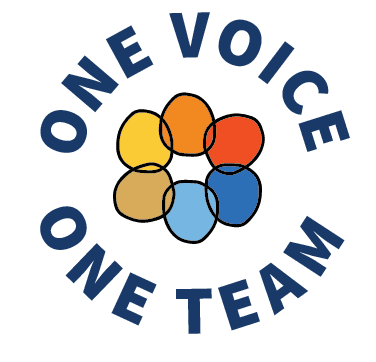
As I Sit Here (2022)
Roy Pogorzelski is Métis/Cree from Saskatchewan and enjoys sharing his lived experience through narrative and auto-ethnography. He had a close relationship with his Grandmother and is interested in sharing her brilliance/knowledge with people.
As I sit here in my basement on an overcast day in late September trying to find the perfect words to discuss the 2nd Annual National Day for Truth and Reconciliation on September 30th, I find myself drifting in thought to my nohkom (grandma) Dora Morin. My nohkom passed away this past May 2022 at the elderly age of 88 years old. Dora is a Métis/Cree woman who was born in Green Lake, Saskatchewan in the early 1930’s. Nohkom Dora was a very resilient and strong Indigenous women, she learned a lot about living off the land from her parents and would often haul water, chop wood and was the self-proclaimed “best rabbit catcher” in northern Saskatchewan.
At her funeral, a family member informed me that catching rabbit for food and fur was literally the difference between eating and starving and that she was very talented. My family is descended from the brave Métis activists that defended and protected their land and cultural rights alongside Louis Riel and Gabriel Dumont in the 1885 Northwest Resistance. In that case, the Canadian government held a draconian vendetta against Métis families for supposedly creating barriers to their mandate of settling land in the west of Canada. Nohkom was forced to attend the church run schools in Green Lake, Saskatchewan, where she encountered abuse, attacks on her identity and a heavy influence of religious instruction. She held what would be equivalent in today’s terms as a Grade 6 education, but she always held on to her language, both Cree and Michif.
Nimosom (grandpa) Fred Morin was Métis/Cree from Meadow Lake, Saskatchewan, his family had their Indigenous status taken away through the discriminatory clauses of the Indian Act. As nohkom always told me my nimosom would always pursue her in many attempts to form a relationship with her, He eventually succeeded, and they would settle down in Meadow Lake and begin their family. My nikawi (Mom) Audrey Morin was born in Meadow Lake, Saskatchewan in the 1950’s. she spoke Cree until she was about 8 years old and lost her ability to speak the language in the (not so known) provincially funded residential day schools. She was treated extremely poorly in the school, quite heavily abused by the instructing nuns and ended up with what would be considered a grade 8 education.
Nikawi learned a lot from nohkom, mostly in the teachings on kindness, respect, open mindedness, love humility, honesty and compassion. Nikawi informed me of how when she was young she would go to the bathroom in an outhouse, haul water and chop wood for the family. I think of everything my family has endured and continues to endure because of the intergenerational trauma from policies meant to attack and destroy our families. My family never had much, but I am always reminded every September of the resiliency, perseverance, compassion and love that nohkom and nikawi passed on to me as I journey through my own lived experience as a Métis/Cree man. Unfortunately, nimosom passed away when I was eleven years old and with him took and entire library of knowledge, but I am grateful that I had this time with nohkom, so I could hear her stories, accept her knowledge transfer and laugh at her jokes.
Aside from the much-needed education and awareness about the history of Canada, I am reminded that this is a day to honor, recognize and remember our brave ancestors that have journeyed before us. Their knowledge and stories live on in the next generations, as we continue to break the cycle of poverty in our families, as we continue to heal and as we continue to carry on the legacies of our knowledge keepers, we will keep their memories alive. This day is so much more then a National holiday, it is a staunch reminder that Indigenous people are resilient, courageous, tough and will continue to fight to create necessary change.
Roy Pogo
